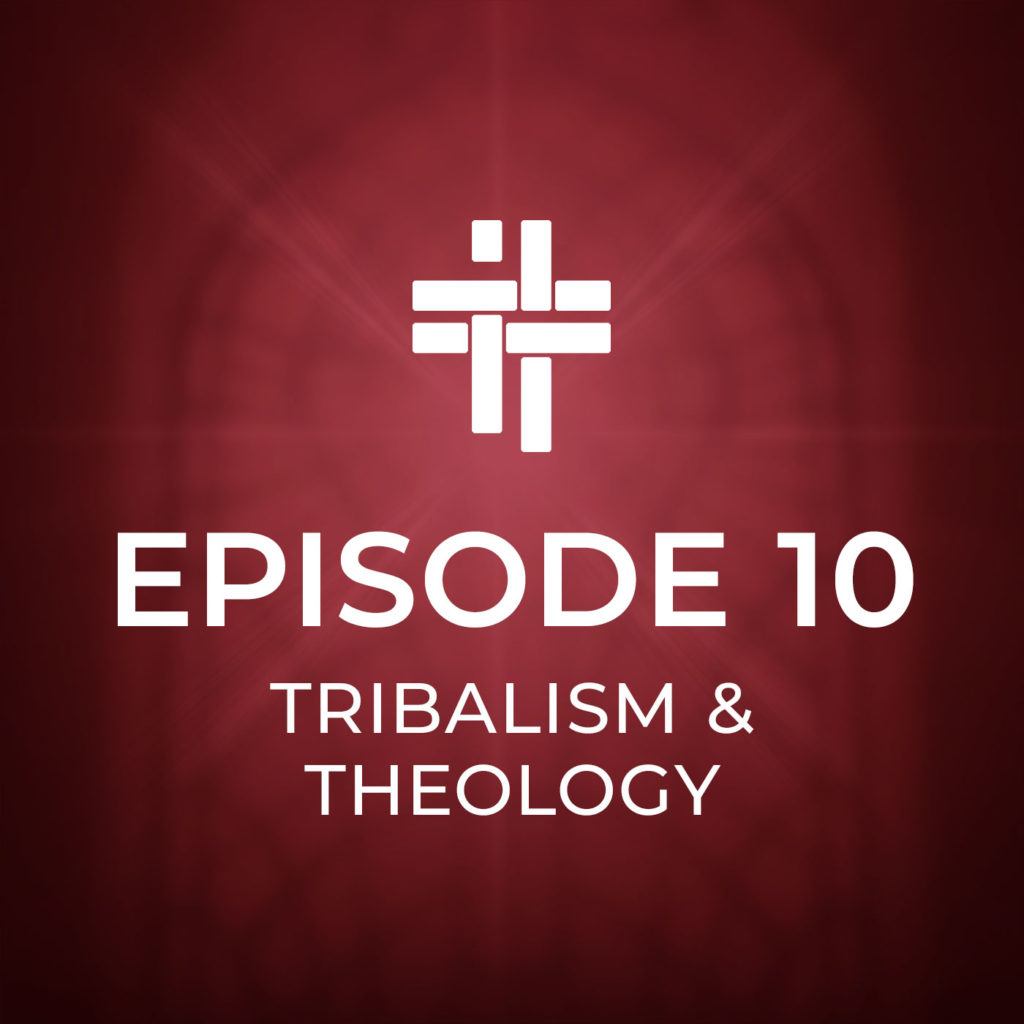An article in the November 15th U.S. edition of the Catholic Herald spotlighted Catholic tribalism. While it is fun to speculate — which of these is my tribe? — from a peacemaking point of view, we must search for the cause of destructive tribalism. In this episode, I hazard a guess: We lack a sound shared theology. Fortunately, such a theology appears in the works of Benedict XVI. In order to diminish tribalism and restore unity, Catholics should engage in catechism that teaches Benedict’s theology of relationship. One resource that jump starts that effort is The Word Made Love, by Christopher Collins.


